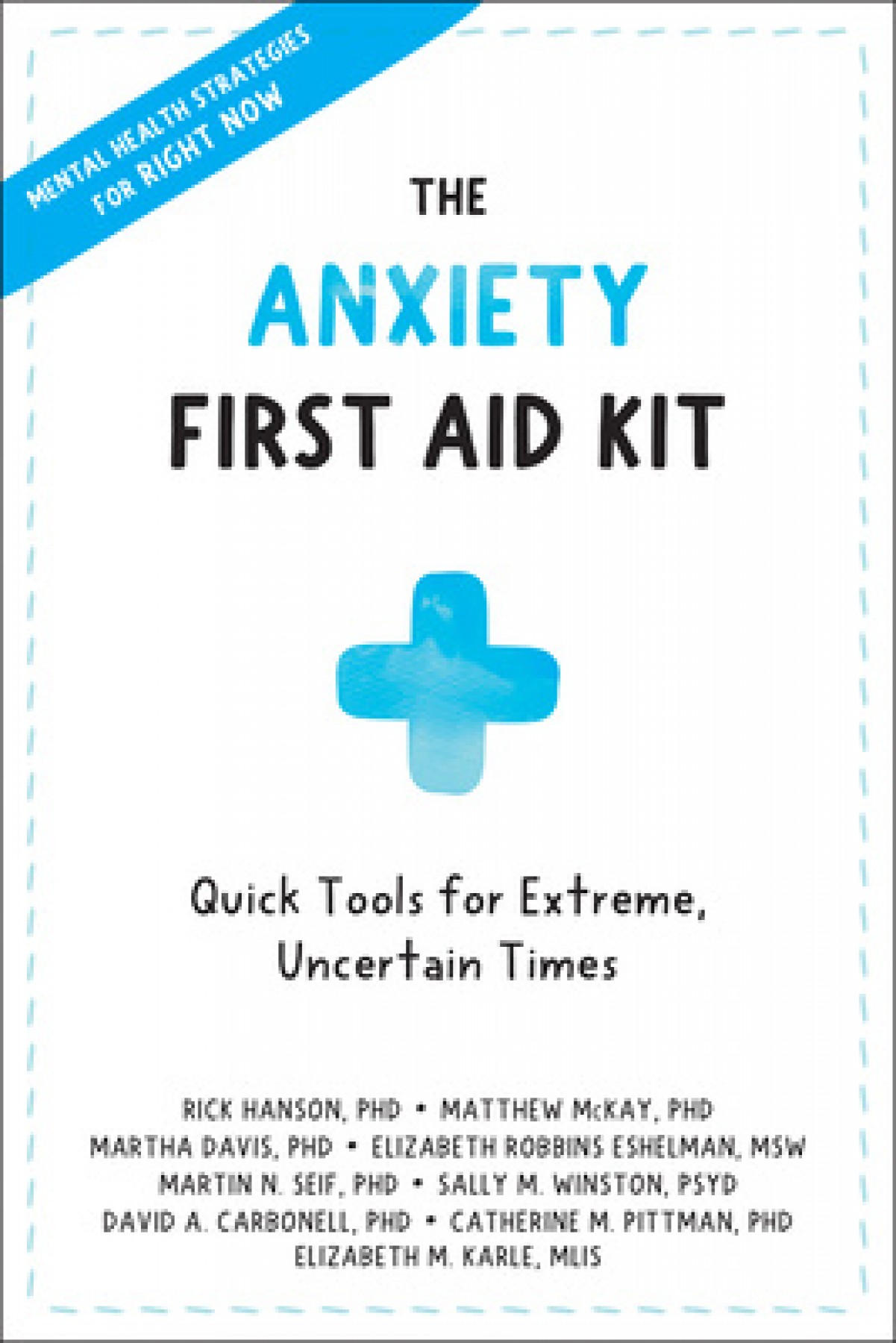The Anxiety First Aid Kit is a wonderful little book. It is composed of 40 different strategies that are designed to help one cope with and manage anxious thoughts and feelings. Each concept has ‘What to know’ and ‘What to do’ sections. It is written by several different authors, who are all trained in psychology.
Each ‘What To Know’ section explains how each particular strategy helps with anxious thoughts and feelings. It is informative, but uses easy language that anyone who reads this manual could grasp and understand. ‘What To Do’ explains how to do and how to use the strategy. Again, the explanation is simple yet detailed, and offers a few different ways to try the strategy. Over the duration of the book, the strategies do progress in complexity and time commitment, however, there are none that require anyone to go above and beyond what any regular person could do.
This book isn’t a cover-to-cover read. Rather, I read a few different strategies, and thought about and practiced the ones that felt most relevant (based on ones I knew I already liked and didn’t like, ones that felt relevant to me, etc), and gave a number of the different strategies a go. This book is a helpful one to share within support networks – whether that’s a parent and child reading and practicing it together, going over some strategies with your therapist, or reading up on some strategies so you are able to help yourself or another when in distress.
The book is written with light-heartedness and pulls on relatable, real-life examples, helping give the strategies relatability and appropriate context. Also, its written in such a way that you feel inspired to just give the strategies a go – there is no pressure, no financial or extreme time commitments, no ‘musts’, just helpful tips along the way. Equally, there was no bias in the book, perhaps a reflection of the collaborative writing process. The book ends with suggested future reading.
Overall, I found this book a practical and interesting read, and I came away with some new strategies in my anxiety tool box. My key take away from this book is, at the core of many of the coping mechanisms is finding a sense of calm. How you are able to do that is up to you. Another key take away is, there are many different strategies, its not one size fits all. Try until you find what really works, and then make it really work for you.
Reviewed by Hannah Longley, Child and Adolescent Psychotherapist
Instagram: readwithhannah_

